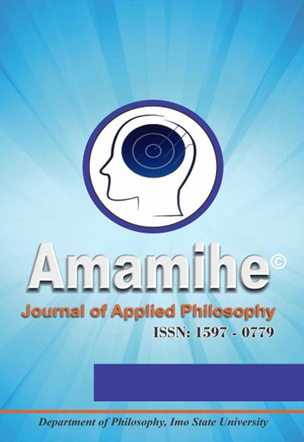
Vol. 23 No. 4, 2025
ABSTRACT
This study explores the audience's perception of select broadcast media reportage on children affected by conflicts in North Central Nigeria. In the context of sensitive reporting on vulnerable populations, particularly children in conflict zones, understanding how audiences interpret and respond to such content is crucial. The objectives of the study was Investigate the extent to which select broadcast media outlets in North Central Nigeria (Benue, Plateau and Nasarawa States) prioritise the coverage of children affected by conflict, as guided by the Agenda-Setting Theory. The study adopted agenda-setting theory and framing theory as theoretical framework. The study adopts the survey design, the study population are 25 broadcast media houses located in Benue, Plateau and Nasarawa States and the total population of the three major cities Jos, Lafia, and Makurdi. The sampling procedure adopted for this study is Purposive Sampling. The findings of the study revealed that 50% strongly agreed that broadcast media outlets report on issues related to children affected by conflict in North Central Nigeria. The study recommended that media organizations should establish and adhere to clear ethical reporting guidelines, especially when covering sensitive issues such as the impact of conflict on children. These guidelines should prioritize responsible reporting, safeguarding the well-being of affected individuals, and avoiding unnecessary sensationalism.
